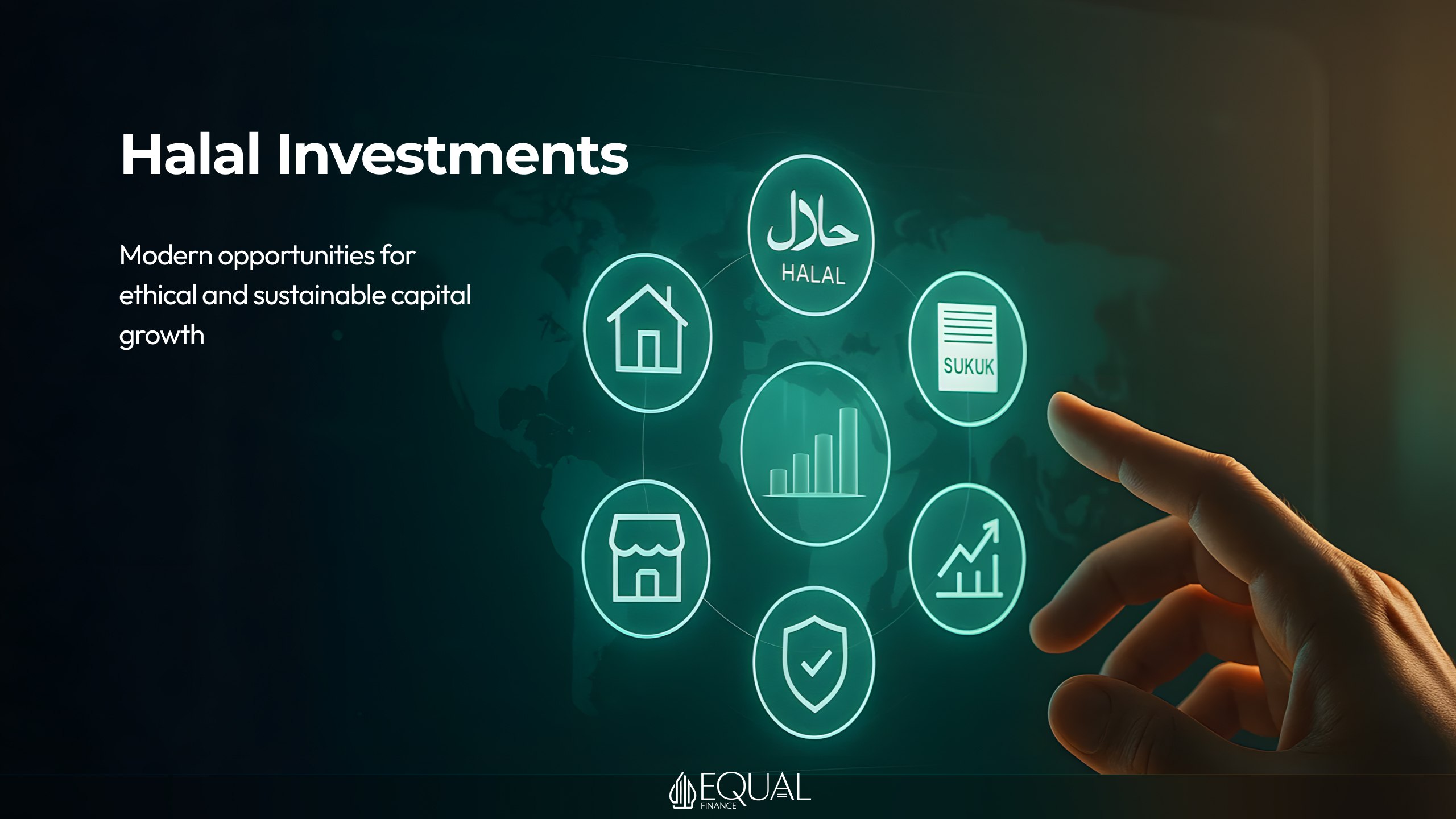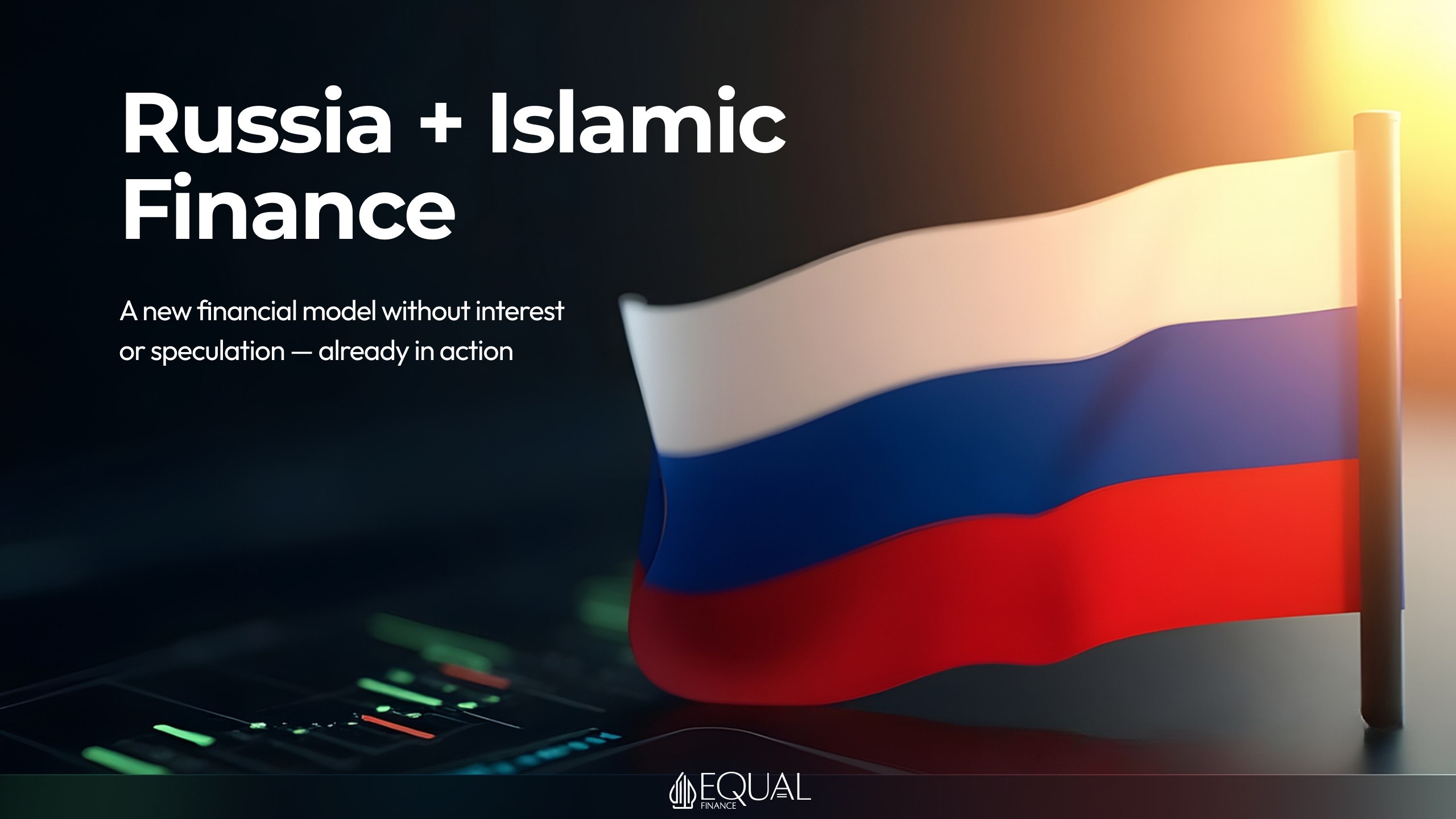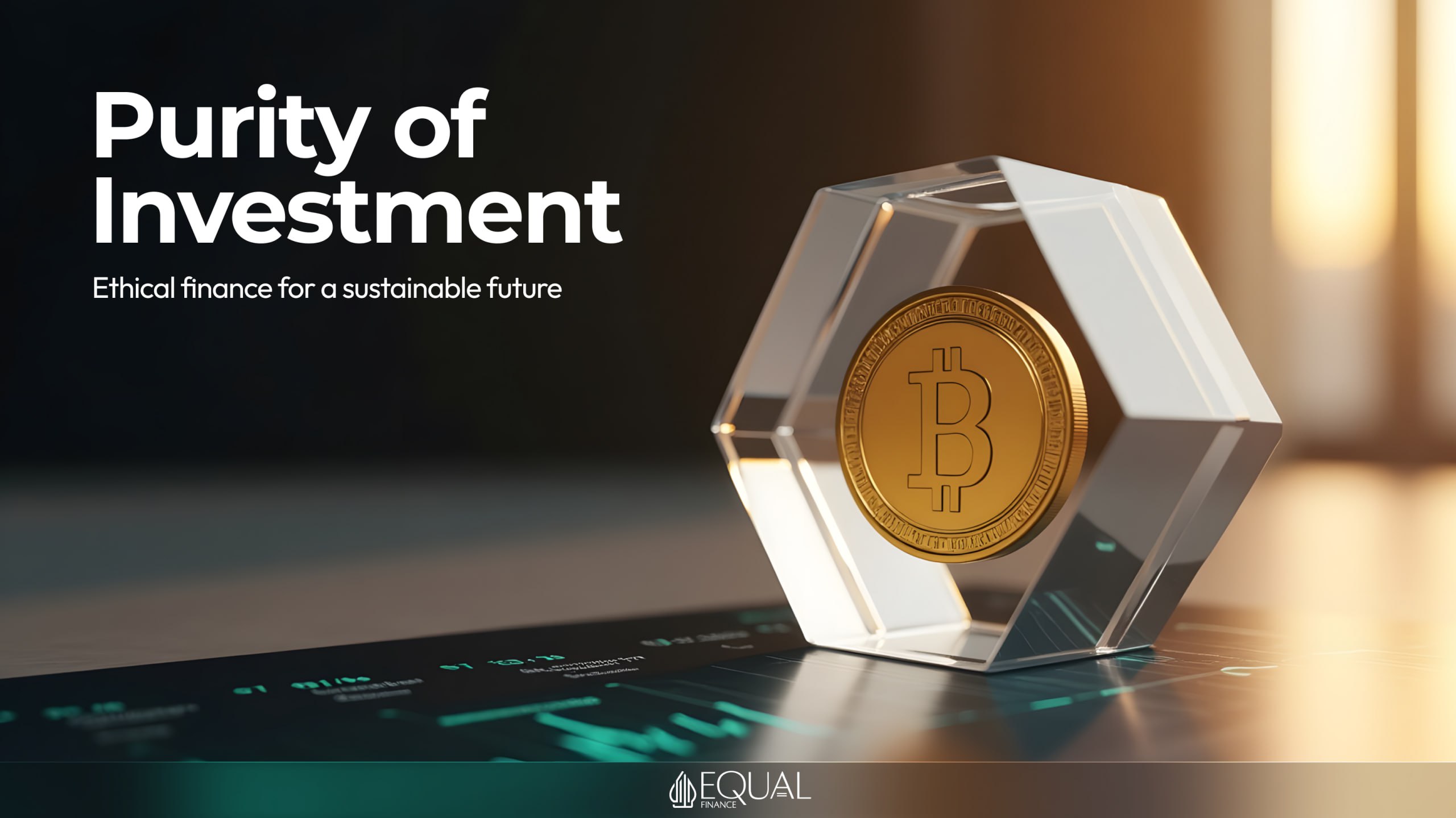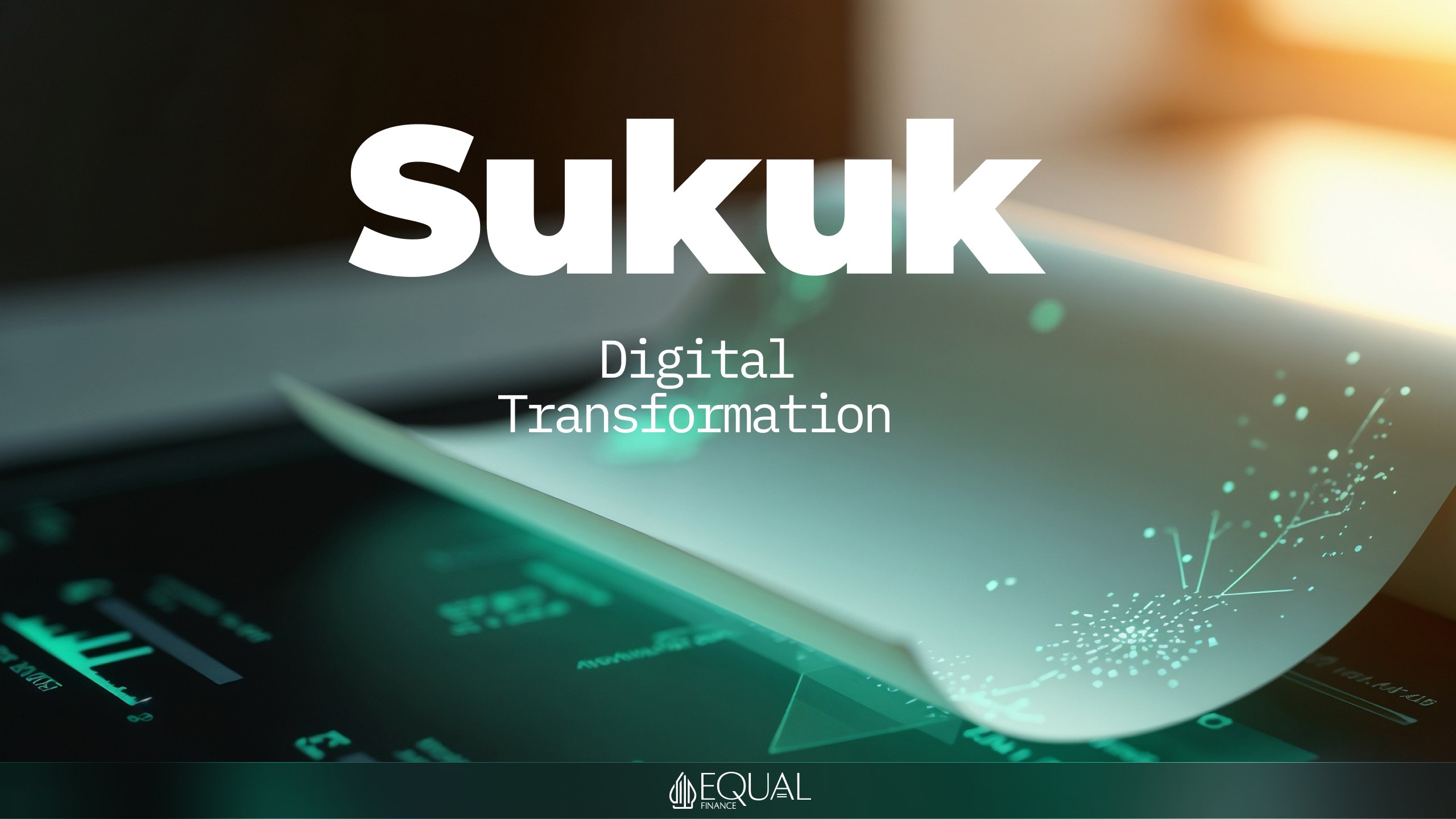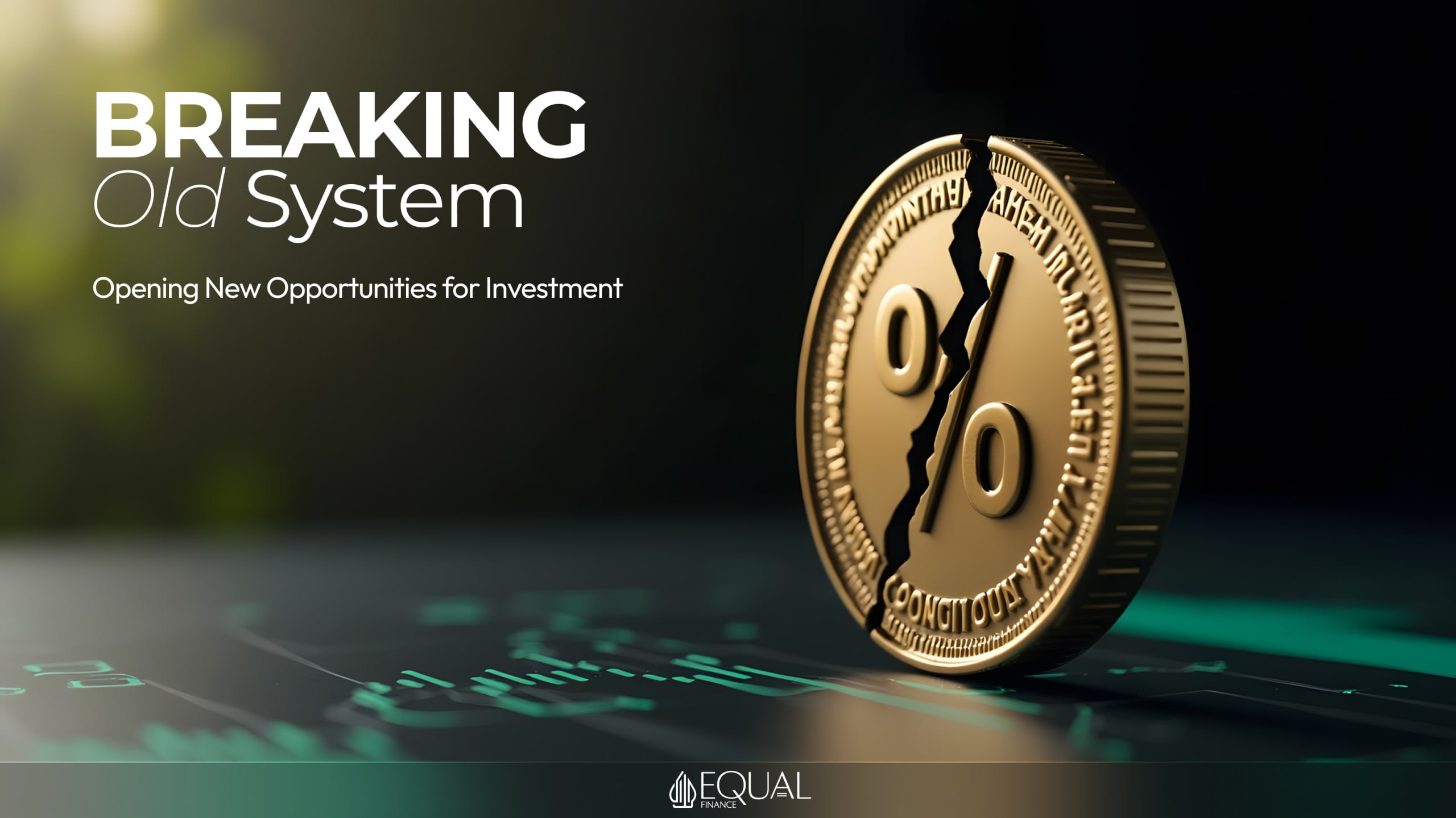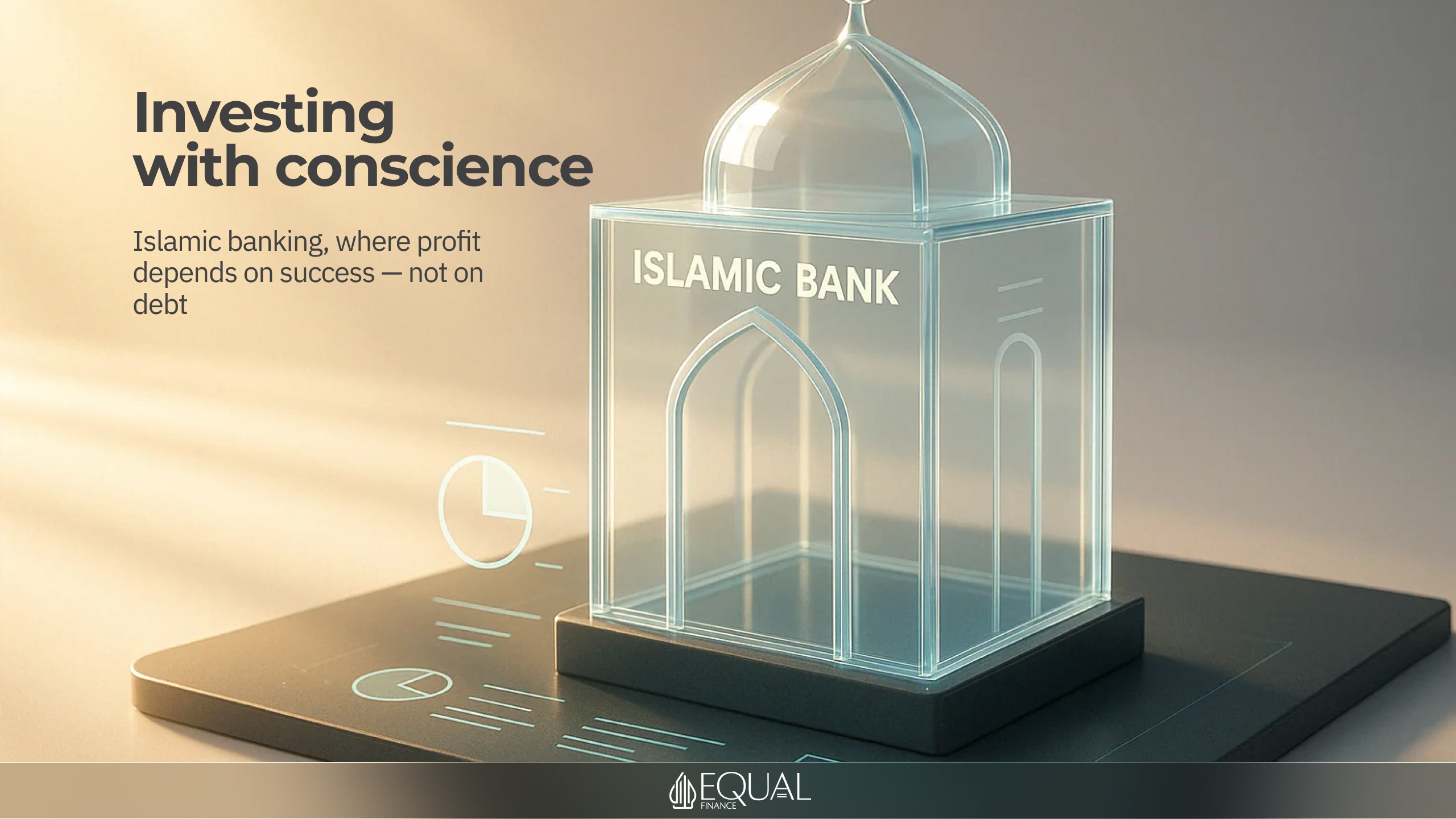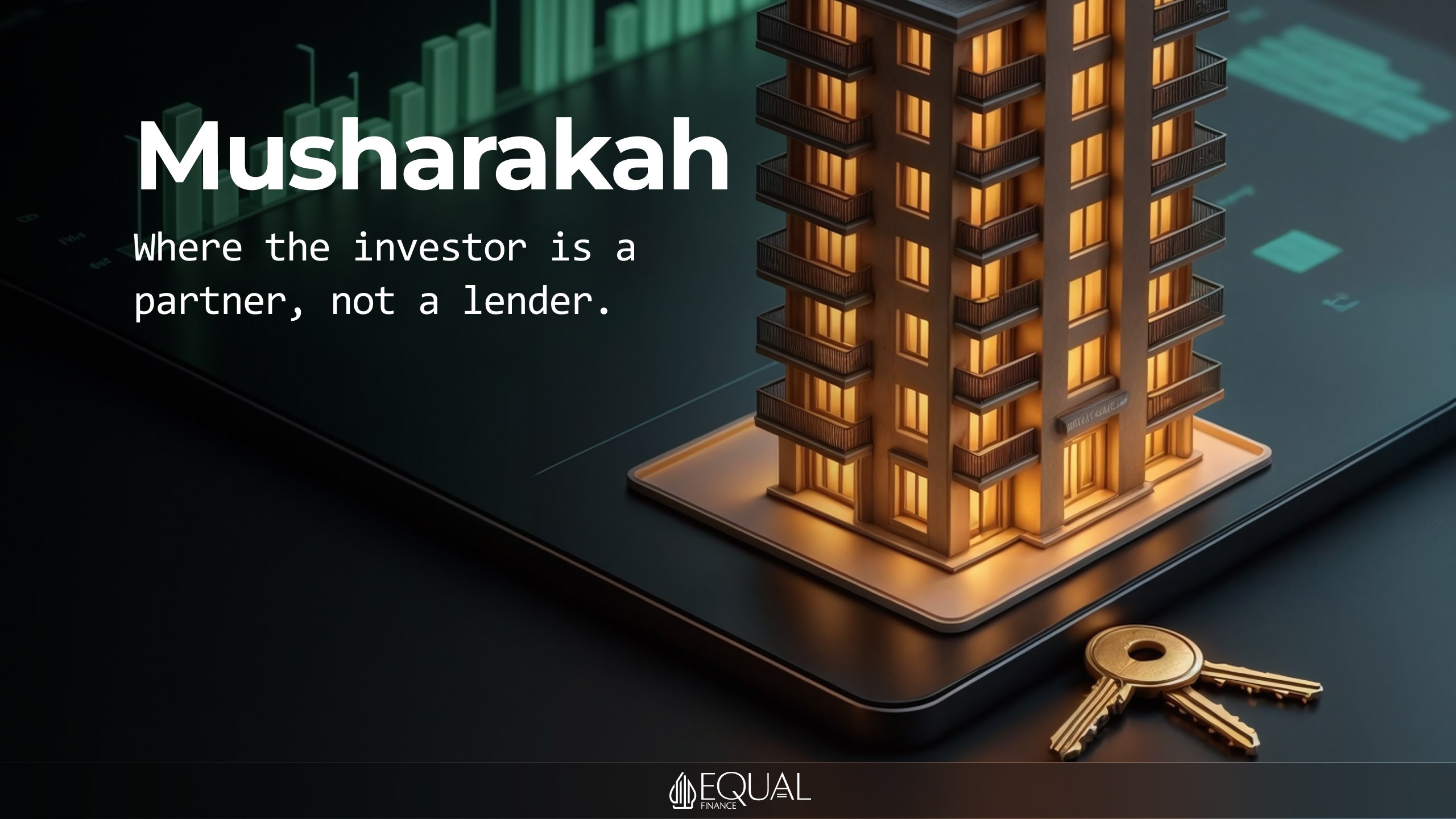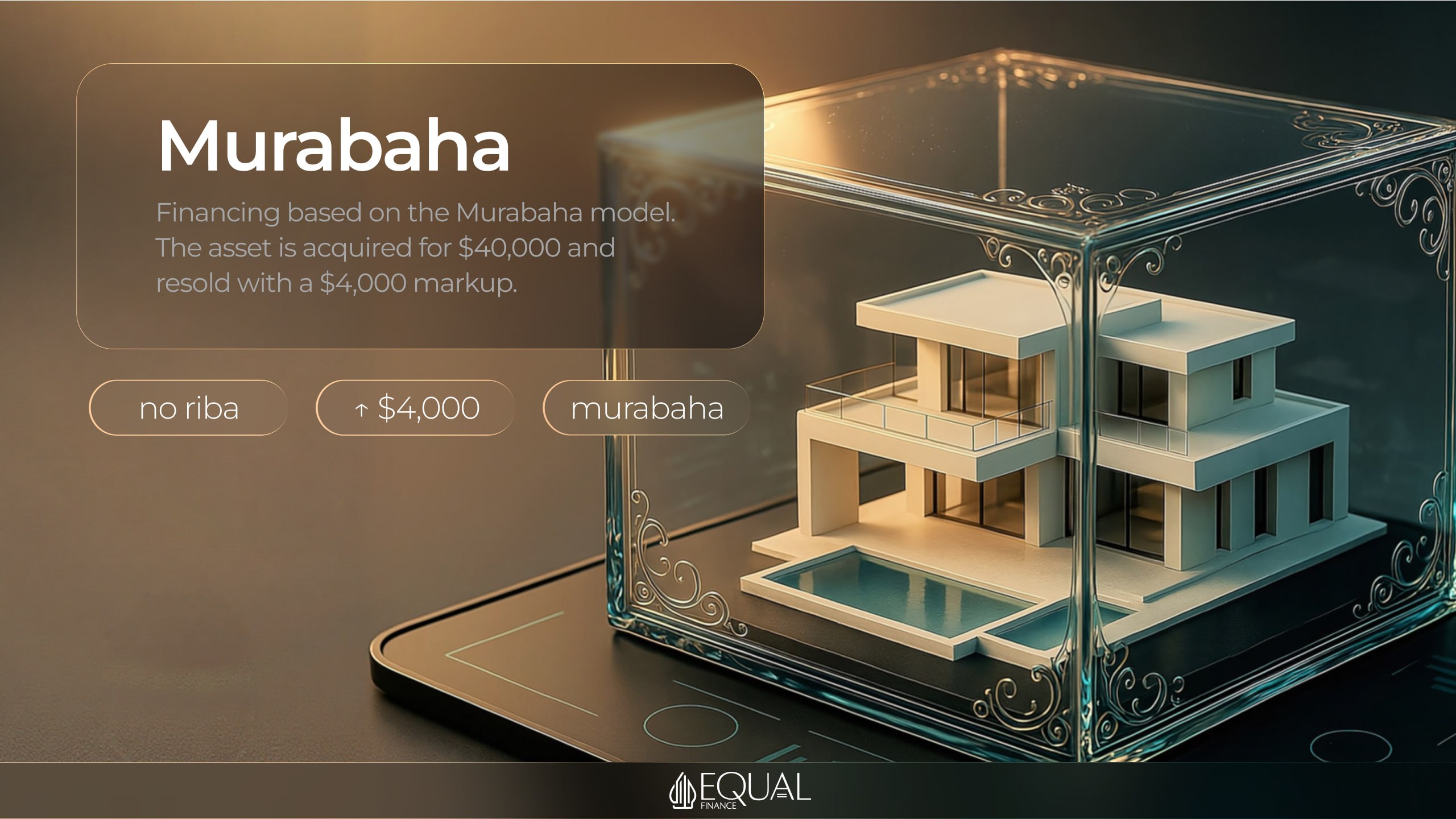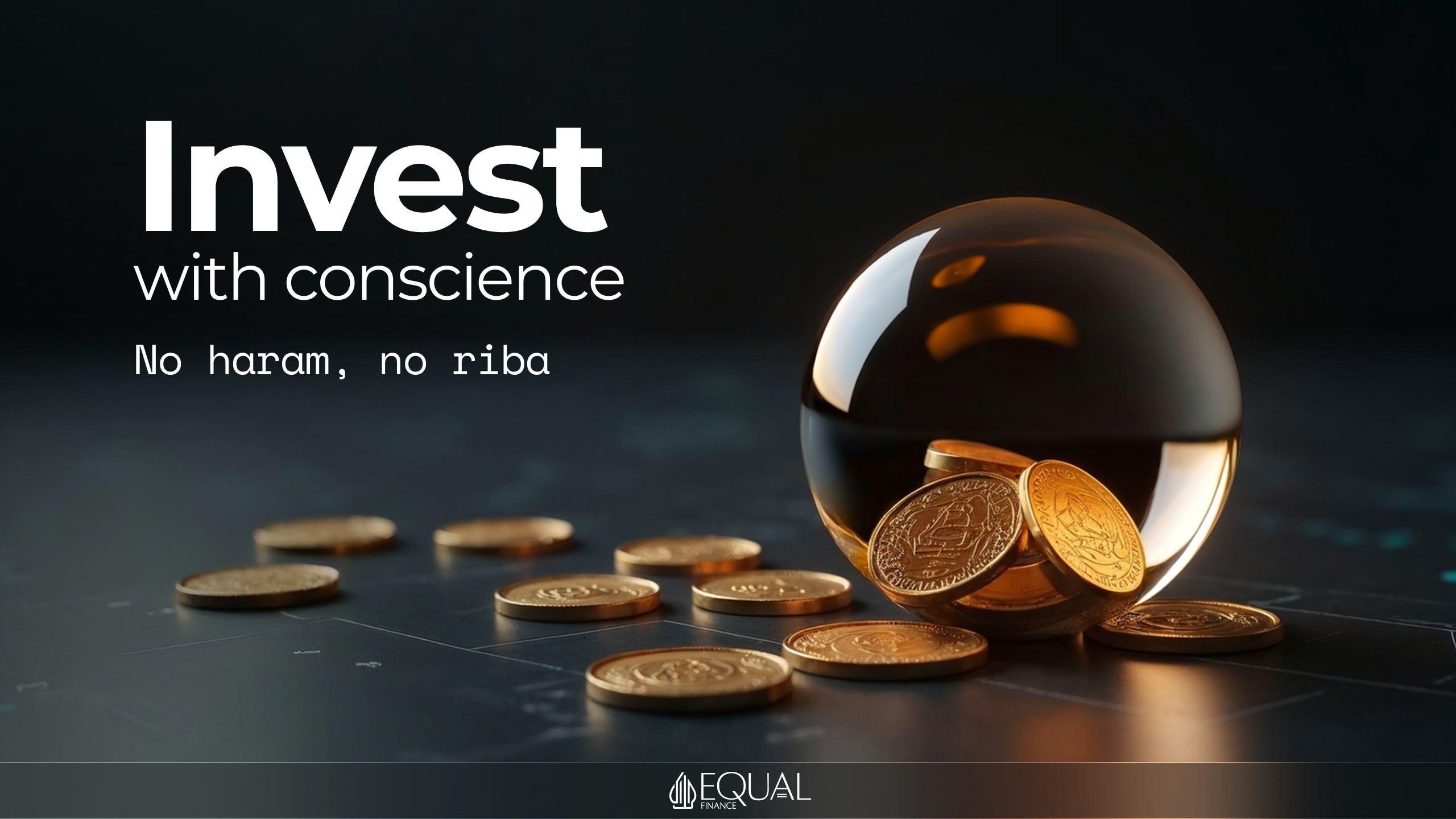Halal investments, compliant with Sharia principles, are gaining traction not only among Muslims but also among investors seeking ethical and sustainable financial instruments. In 2025, the global Islamic asset market is valued at $5 trillion, growing at 15–25% annually. This article explores key halal investment options, their features, and prospects, based on the latest data. […]
Метка: Islam
Islamic Finance in Russia: Development, Challenges, and Prospects
Islamic finance, grounded in Sharia principles, is gaining momentum worldwide, and Russia is actively joining this trend. Since 2023, the country has been conducting an experiment to introduce partner financing compliant with Islamic law. This article explores the current state of Islamic finance in Russia, key achievements, challenges, and prospects for 2025, drawing on the […]
Islamic Finance and Social Responsibility: A Comprehensive Perspective
Islamic finance is not merely a system of interest-free transactions governed by Sharia law—it is a deeply ethical economic model that prioritizes justice, sustainability, and social welfare. Unlike conventional systems that often measure success solely by profit margins, Islamic finance integrates moral accountability into every financial activity, ensuring that all transactions promote the public good […]
Sukuk: The Prospects of Islamic securities in Global Financial Markets
Islamic finance has moved beyond being a niche alternative—it is becoming a key component of the global financial architecture. At the heart of this system lies sukuk, or Islamic securities, a kind of bond analogue, which are structured to comply with the principles of Sharia. Unlike conventional bonds that are based on interest (riba), sukuk […]
Riba and Haram: Key Restrictions in Islamic Finance
Islamic finance is built on Shariah principles, ensuring fairness and ethics. Two central restrictions are riba (interest) and haram (prohibited activities). These concepts set Islamic finance apart from conventional systems. Understanding riba and haram helps investors and clients comply with religious norms. This article explains these restrictions in detail. You’ll learn how they shape financial […]
Murabaha vs Musharaka: What Should an Investor Choose?
Islamic finance is growing due to its ethical and Shariah-compliant nature. Murabaha and musharaka are two key tools attracting investors. They differ in structure, risks, and potential returns. This article explores both methods in detail. You’ll learn their features, benefits, and drawbacks. This will help you make an informed decision. Investors can select the tool […]
Fair Profit Sharing and the Growth of the Islamic Banking Sector
Islamic banking is a philosophy rooted in fairness, ethics, and partnership. By banning riba (interest), it focuses on the real economy, sharing profits and losses among stakeholders. This model captivates not just Muslim-majority nations but the world, offering stability amid economic storms. Ernst & Young’s 2024 report pegs Islamic financial assets above $4 trillion, with […]
Musharakah: Fair Profit Sharing in Islamic Finance
Musharakah is a cornerstone of Islamic finance. It establishes a joint partnership in which multiple parties commit capital or other resources to undertake a venture. Each partner shares in profits and bears losses according to their proportional contributions. This structure eliminates interest (riba), emphasizing genuine collaboration. It also aligns with ethical principles that reinforce mutual […]
Murabaha: Sharia-Compliant Trade Financing
Murabaha is among the most widely used instruments in Islamic finance, representing a trade-based contract that replaces conventional lending with a markup sale. Instead of charging interest, the financial institution or investor first purchases an asset and then resells it to the client at a higher price, clearly disclosing the cost and agreed markup. This […]
Haram and Halal in Finance: How to Invest Ethically
In Islam, the terms “halal” (permitted) and “haram” (forbidden) establish the boundaries of acceptable behavior under Sharia law. While many people are familiar with these concepts in relation to dietary rules, their impact extends far into the financial world. Ethical investing, free from forbidden sectors or practices, is a cornerstone of Islamic economics. Yet determining […]


